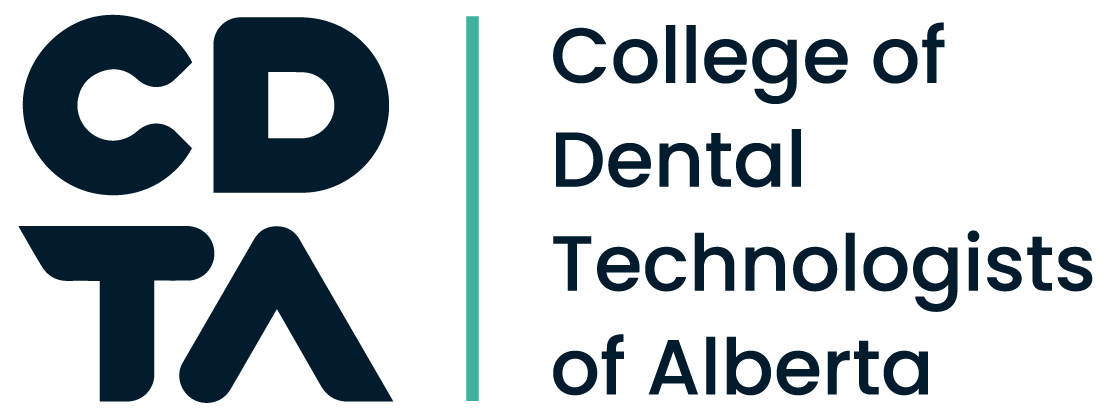The Canadian Alliance of Dental Technology Regulators (CADTR) announces the launch of the Access to Dental Technology (ADT), Phase II project.
The Canadian Alliance of Dental Technology Regulators (CADTR) is excited to announce the launch of Access to Dental Technology, Phase II project. Funded in-part by the Government of Canada’s Foreign Credential Recognition Program, this 3-year project aims to increase and streamline opportunities for licensure for internationally educated applicants seeking licensure in one of Canada’s regulated jurisdictions.
Initiatives developed as part of this endeavour are intended to build on the successes of the ADT Phase I project (completed in 2022), which saw the national development of an updated credential assessment program for internationally educated applicants and competency-based knowledge and practical exams, see: Home - Canadian Alliance of Dental Technology Regulators (cadtr-acortd.com).
Central to the ADT Phase II project is the creation of a prior leaning assessment (PLA) pathway which will allow applicants to meet formal education requirements through relevant formal and informal learning and hands-on experience. This new route to licensure will be pilot tested with up to 50 applicants at no cost to the individual.
Widespread retirements in the dental technology profession are occurring and expected to accelerate. In 2019, there were 2,521 registered dental technicians/technologists in Canada; in 2023 this number has decreased to 2,129. A report by the College of Dental Technologists of Ontario shows that 25% of is registrants are between 50 and 59 years of age with another 20% over 60. Similar trends are evident in British Columbia where over 55% of registrants are over 55 years of age. As in most health professions, an older population is likely to increase long-term demand for dental technology services.
CADTR Chair Judith Rigby, emphasises the importance of this project from a health human resources perspective, “we know there are qualified internationally educated applicants doing work that does not make full use of their skills and abilities. Offering these individuals, a route to licensure is essential given the current and projected shortages in the industry”.
Presently, there are many internationally educated dental technologists that work as dental lab assistants/associates (DLAs), also known as bench workers. This position is unregulated in all jurisdictions and has a much narrower range of practice activities as compared with a registered dental technologist (RDT). A 2019 study conducted as part of the Phase I project identified 2,771 of these individuals working in Canada that may be eligible to become RDTs through this new pathway.
The ADT Phase II contribution agreement is being administered by College of Dental Technologists of Ontario on behalf of CADTR. In addition to the new PLA pathway, the project includes research into the feasibility of developing mutual recognition agreements (MRA) with key source countries and creating an inventory of upgrading resources for applicants to meet learning gaps identified in the PLA process. Consultants will also develop and enhance pre-arrival information and resources for applicants to access in their home countries. This will help to ensure that eligible individuals will have actionable information to become licensed before landing in Canada.
CADTR is composed of seven provincial dental technology regulators from across Canada that license over 2100 registered members who practice the profession. CADTR’s members are the dental technology regulators (also known as Colleges) who work collaboratively, demonstrating leadership and accountability on matters which support the regulatory mandate of each provincial jurisdiction to protect the public interest in a consistent national approach. Members include: Nova Scotia Dental Technicians Association, New Brunswick Dental Technicians Association, Ordre des technologues en protheses et appareils dentaires du Quebec, College of Dental Technologists of Ontario, Dental Technicians Associations of Saskatchewan, College of Dental Technologists of Alberta and British Columbia College of Oral Health Professionals.
More information on CADTR can be found here: Home - Canadian Alliance of Dental Technology Regulators (cadtr-acortd.com) and on ESDC funding here: https://www.canada.ca/en/employment-social-development/news/2024/01/foreign-credentials-recognition-program.html

